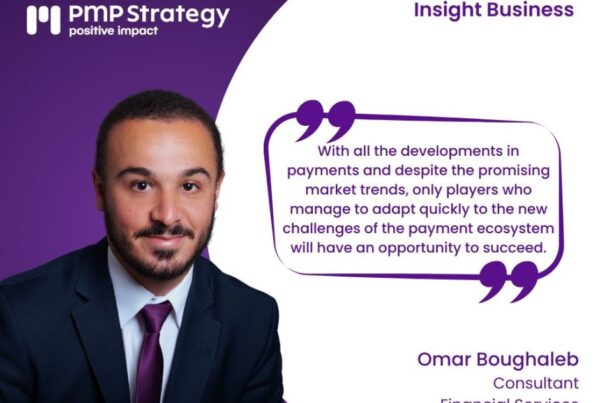According to the converging forecasts of most research firms, the market for connected objects dedicated to health in France should have taken off in 2014. Then in 2016. And before the Covid, it was for 2020… Why this market still emerging in France?
If we refer to all connected “health” objects, that is to say connected medical devices (glucometer, blood pressure monitor, etc.) and those belonging to the sphere of “well-being” (trackers of activity, bracelets, scales…), the equipment rate of the French has still not crossed the threshold of 3%, ie less than 2 million people. By way of comparison, the equipment rate of Americans has already passed the 10% mark. A very low proportion, therefore, despite the importance of the needs in terms of prevention and monitoring of chronic diseases which concern between 11 and 25 million people (depending on whether we are limited to the sole beneficiaries of the ALD system or not).
The United States are pioneers in the use of connected “health” objects
If the United States is driving the global market for the Internet of Things (IoT) in healthcare, it is thanks to the convergence of three important levers.
On the one hand, the development of Big data in health, supported by the federal government since the end of the 2000s: adoption of an open data policy in 2009, open access to data from numerous public health agencies ( Centers for Medicare and Medicaid Services, FDA, CDC…). The US government has spent more than $ 550 million to create a data warehouse from these agencies. Private players like Kaiser Permanente, the leading health insurer, have done the same. We will also note the adoption in 2009 of numerous financial incentives encouraging hospitals and medical practices to computerize their medical records. In this regard, we are still far from it in France …
Second reason: the change in the pricing model for medical procedures. Obama Care has changed the pricing model from “fee for service” to “fee for value” (payment for performance ranging from fee-for-service based on quality of the medical result obtained with capitation). This new pricing, which applied to half of Medicare and Medicaid spending as of 2018, requires healthcare professionals to better monitor the state of health of their patients, in particular by monitoring treatment compliance and prevention. Hence the need to “equip” them with connected medical objects and devices, to exchange and share the data generated by these objects.
Finally, to reduce the growing weight of health insurance in the cost of labor (10% on average), companies have been reducing the health coverage they offer to their employees since 2010. A trend which results in a mechanical transfer of charges to households. To control their health costs, Americans are therefore themselves asking for digital tools to better manage their state of health.
In France, rely on a fundamental principle of our social security system, solidarity, to accelerate issues related to health data
None of these levers is at work in France today, where the environment is much less favorable to patient autonomy than it is across the Atlantic.
However, the challenges related to access to health data are major, both for the acceleration of research – to reduce the time needed to identify a drug candidate, for example – and for the improvement of the care path – to develop tools to support home care and the follow-up of chronically ill patients, for example.
But it is clear, despite the strengthening of regulations on security and data protection, a strong mistrust vis-à-vis the collection of health data in France. While data is the “new black gold” in the healthcare sector and big data will lead the healthcare market to reorganize itself around the life cycle of data and its valuation process, why not extend the principle of solidarity with personal health data? Unlike the United States, this principle is fundamental in our social protection system to which the French are so strongly attached; as such, it constitutes a major lever.
Could we not therefore adopt a new principle, that of “soli-data-rity”, echoing that of the solidarity of 1945? According to this new principle, individuals would be required to share their personal health data – which would be anonymized and not pseudonymized – and made accessible to all players in the health system, public and private research centers, drug companies. and medical devices, healthcare providers, payers of compulsory and supplementary schemes, etc.
Faced with this double evolution a priori contradictory – the growing importance of health data on the one hand and the personalization of medical treatments including preventive on the other hand – the principle of “soli-data-rity” constitutes a major condition for modernizing our health system.

Olivier Milcamps
Senior Manager PMP





